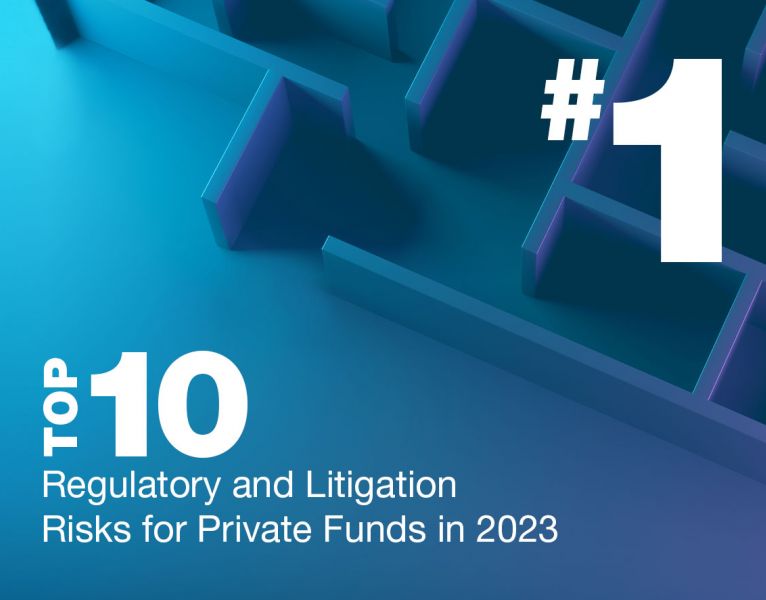The SEC spent 2022 making multiple and sweeping proposals to amend rules under the Advisers Act, many of which have the ability to significantly re-shape market standards for private funds. Here, we focus on the SEC’s proposal to undo a common protection for private fund advisers – the ability to rely, as against the private fund or its investors, on exculpatory and indemnification provisions for a breach of fiduciary duty, willful misfeasance, recklessness, or simple negligence in providing services to the private fund. This prohibition would relate not just to liability under the Advisers Act, but to all causes of action.
While still a proposal, the comment period closed in June 2022 and the SEC is now targeting implementation this Spring, albeit with a one year transition period from the rule’s effective date.
If implemented, this would be a significant change and, for U.S. advisers at least, would precipitate a general “unwinding” of several commercial practices widely considered market standard since the inception of the private funds industry. Nearly all limited partnership agreements contain some form of indemnity for the manager and its personnel covering both costs and losses, including when individuals have board positions at portfolio companies, and the proposed rules impact all private fund advisers whether registered or exempt.
While market standard provisions typically have carve-outs for fraud, bad faith and other intentional misconduct, as well as dis-applying indemnities for ongoing legal costs where a manager faces a claim from a majority of investors, a prohibition on coverage for simple negligence removes the heart of most indemnities.
Further, the current proposals do not have a “grandfathering” provision (whereby existing funds and contracts are exempted). If the final rules adopt the same approach, private fund advisers and investors will need to undertake a comprehensive review, and consider revision, of all existing contractual arrangements.
With portfolio company directors being alert to possible claims by reason of solvency and liquidity risks, particularly in the aftermath of the recent banking crisis, these proposed rule changes could be of key relevance.
Separately, the SEC has also proposed a rule to prohibit advisers from charging to private funds “the cost of any ensuing government or regulatory examinations or investigations.” This, too, would be a significant change for advisers.
Without indemnification from the fund for regulatory and private actions, the only option for an adviser, its principals, founders, officers and directors, aside from using personal assets to defend a claim, is insurance. The nature and scope of that insurance is therefore going to become ever more important to ensure that coverage is broad and strong, policy exclusions are narrow and limited, and policy limits are adequate to protect the firms and individuals if and when indemnification is unavailable. Policyholders facing a claim will need to comply with any notification provisions promptly, and work closely with insurers and their chosen counsel.
While the proposed rules focus on a change to US federal law, they will inevitably have extra-territorial implications. Non-US advisers and private funds may still come within the scope of the Advisers Act, for example when soliciting investments from US persons, maintaining a place of business, subsidiary or affiliate in the US or providing advice to US private funds. The British Private Equity and Venture Capital Association (the BVCA) wrote to the SEC to express its concerns and to request clarification on the scope of extra-territorial limitation to the proposed rules. Even aside from legal jurisdiction, however, these changes will inevitably alter market norms.
A strong and comprehensive insurance program should always be a top priority. However, with the SEC’s proposed rules looming, the time is now for advisers to consider a comprehensive review of their policies and the steps if any to take to ensure adequate coverage in the event of a change to indemnification and exculpation protection.




